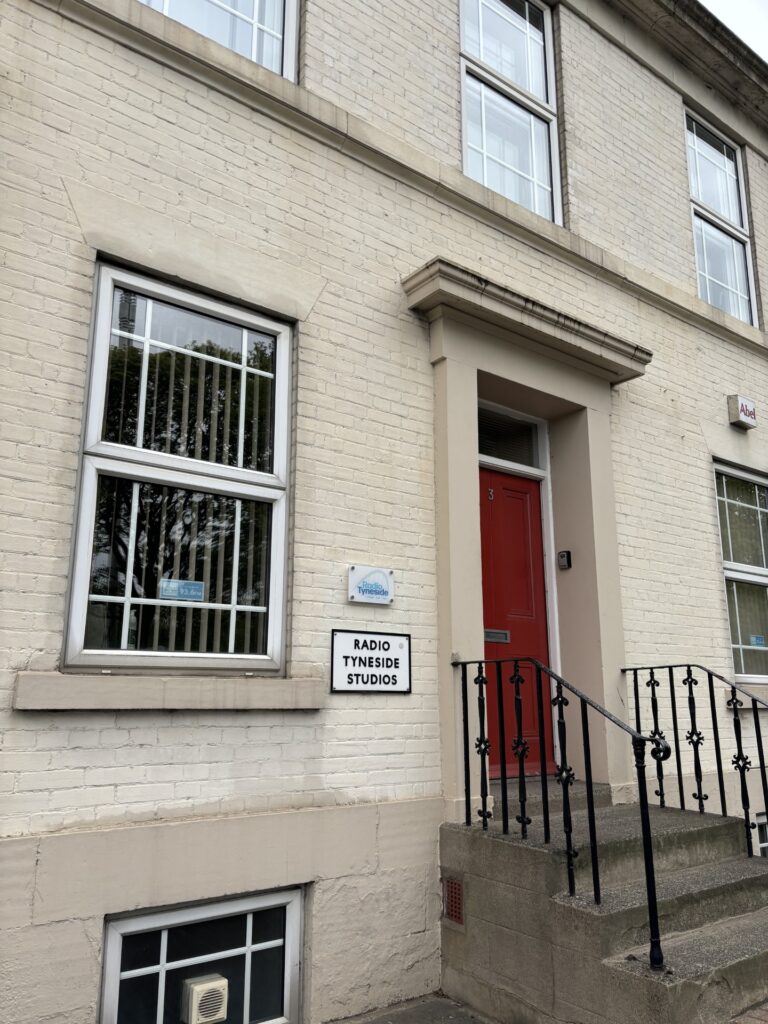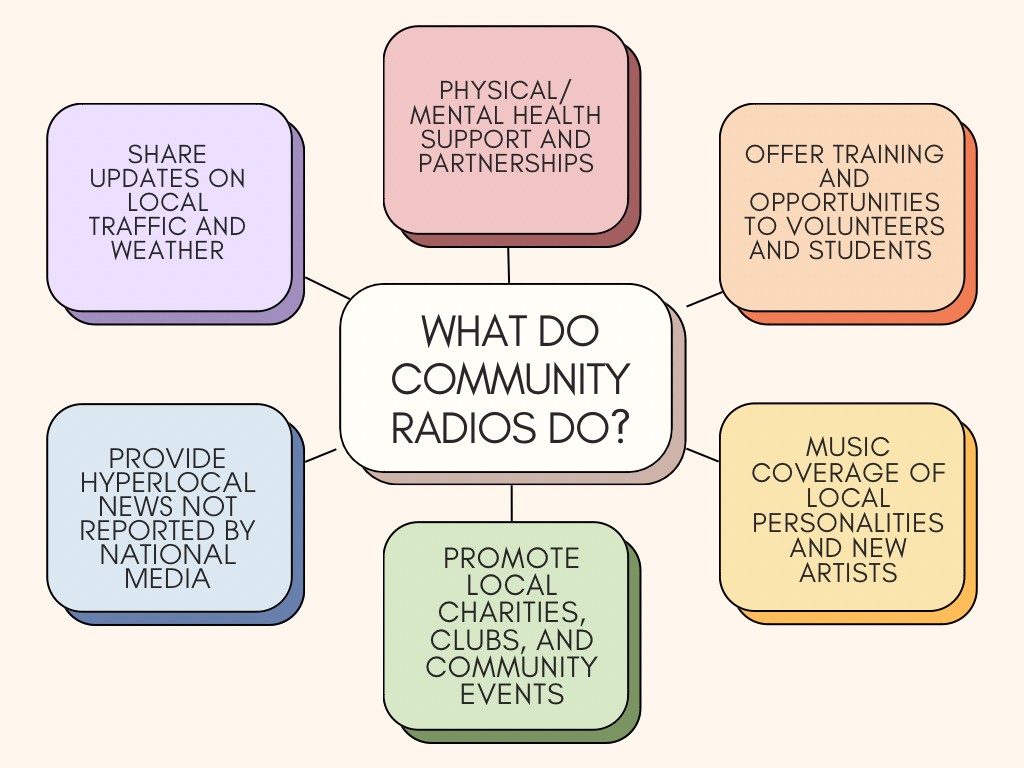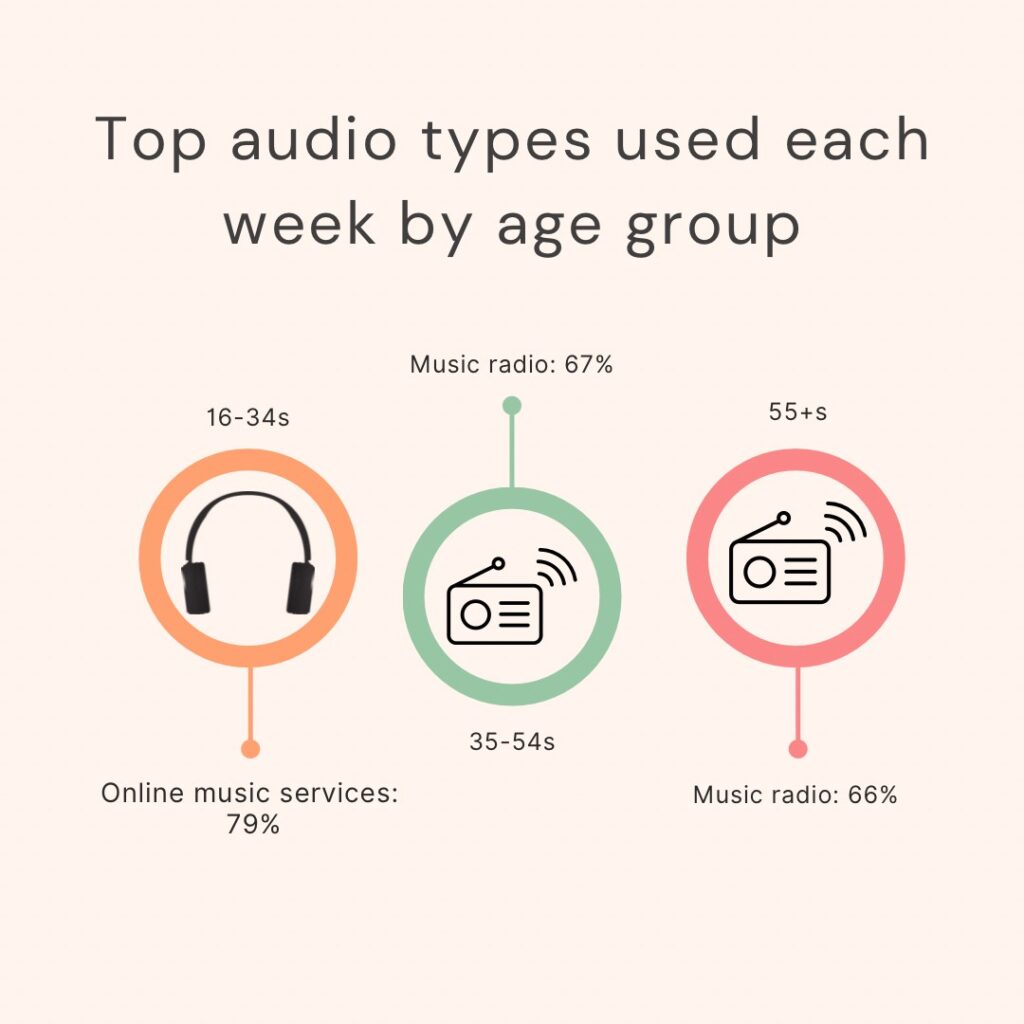Community radio stations across the UK are facing pressures to survive. From hospital broadcasters to small-town FM stations, many outputs struggle with rising bills, fewer grants, and changes in how audiences listen to radio. This comes as part of wider challenges facing local media, with regional newspapers increasingly closing their doors. So why are community stations under threat, and why are they important?

What does community radio do?
Community radio stations, often not-for-profit and volunteer-run, serve local audiences by providing news, entertainment, and support. They focus on programming that reflects the needs and interests of the people who live in the area, broadcasting local news, community events, and local weather and traffic that otherwise couldn’t be covered by large, commercial stations.

Why are community radio stations under threat?
There are three main reasons as to why community radio stations are struggling to stay on air:
Decline in funding
Community radio stations are challenged by the decline in available funding. The governmental fund that used to provide grants for community radio stations has been cut back in recent years due to shifts in focus to commercial radio services. The Community Radio Fund (CRF), established by the Department for Digital, Culture, Media, and Support and is managed by Ofcom, allocated only £411, 759 for the 2024/25 year, after £430,000 was allocated during 2019/2020– a 4% decrease.
Tony Crosby, a volunteer presenter at Radio Tyneside who solo cycled the Hebridean way to raise money for the station’s relocation to the Newcastle University Students’ Union, said: “We have to exist on a shoestring budget. The BBC has had to cut back because of the cost of running local radio, so we depend on sponsorships, donations, and fundraising to stay afloat.”
“We’re always brainstorming new ideas to raise money, but you can’t always predict how much money the fundraisers will bring in, especially with times being tough for everyone.”
Shifts to national networks
Another factor is the joining of regional stations into larger, national networks. Stations like Metro radio, which had previously broadcast regional content for listeners in Newcastle, have now become part of the Hits Radio network. The majority of regional news is broadcast from head offices in London due to cost cuts in local community stations, with media giants showing plans for even more consolidation.
Tony Crosby, a volunteer presenter at Radio Tyneside who solo cycled the Hebridean way to raise money for the station’s relocation to the Newcastle University Students’ Union, said: “We have to exist on a shoestring budget. The BBC has had to cut back because of the cost of running local radio, so we depend on sponsorships, donations, and fundraising to stay afloat.”
Mr. Crosby, a former Metro radio presenter, commented: “In the past, stations like Metro, Capital, and Heart, all presented programmes from the North East. That’s all gone because Ofcom allowed them to amend their licenses– they’re now allowed to present all their programmes from the head office.”
Jack Evans, a former intern for Bauer Media– who owns Kiss, Absolute Radio, and Magic Radio– said: “The smaller, independent voices are getting drowned out. It’s increasingly harder for stations to keep their unique community-driven programming.”
Changes in listening habits
Another key factor in the decline of community radio is the shift in how people consume media, especially music. According to a 2024 report from Radio Joint Audience Research (RAJAR), commercial radio’s total listening hours have fallen below 54% for the first time since the beginning of 2023. This is especially visible with young listeners, with 79% of listeners aged 16-24 preferring online streaming platforms, according to Ofcom.
Mr. Evans explained that online platforms have wider access to ‘on-demand music’ and ‘endless libraries of content’. He said: “Unfortunately, smaller community radio stations can’t measure up due to their limited resources and more traditional, scheduled programming.

How does this affect wider news coverage?
The decline of community radio stations affects more than just listeners, but has a wider impact on news coverage.
Dave Nicholson OBE, Chairman of Radio Tyneside, details how local BBC radio stations can only broadcast local programming until 2pm, which creates a gap in local area coverage. He said: “Community radio has become more important now. Everything is network, and it’s important to give the opportunity for local news to organisations in the local area.”
Mr Nicholson explained that the cost cuts also come down to advertising losses from lower traffic to community radio stations. He said: “News bulletins are another thing that tend to be centralised and recorded right before transmission for local areas. They shouldn’t be, it defeats the whole purpose of news. ”
In addition, large networks joining local stations together ‘loses touch’ with local areas. Mr Crosby said: “Local radio stations can be the ones giving out local traffic, local news about local centres, local weather. All of the local things are happening here, and we should be the ones to broadcast it.”
Dr. Richard Berry, senior lecturer in Radio at The University of Sunderland and Station Manager of community station Spark, detailed that the value of volunteering in community radio is ‘crucial’. He said: “Community radio is 10% radio, and 90% community.”